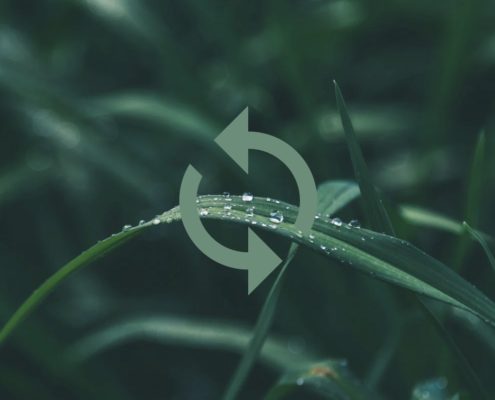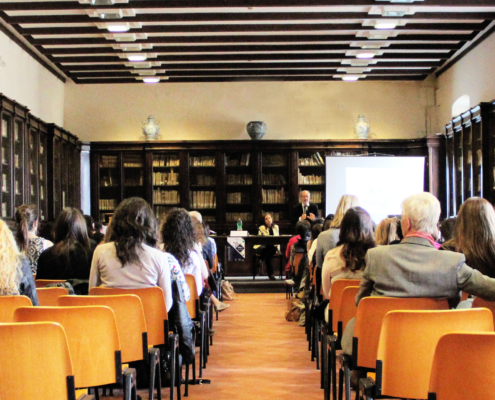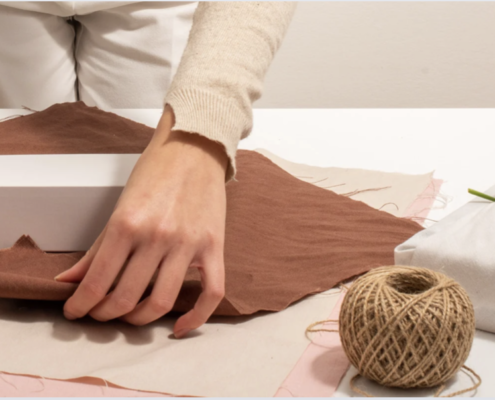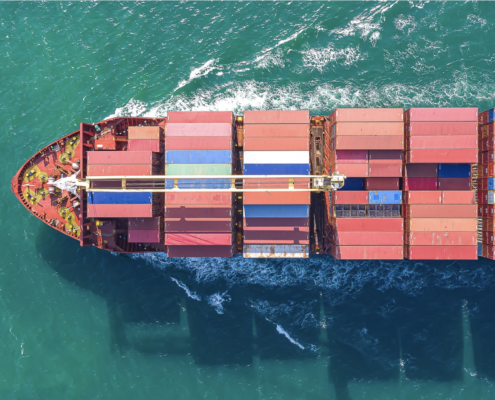According to a study by WWF study of the clothing and textiles industry, more than half of the companies surveyed are taking virtually no action to counter climate change.
This sector contributes significantly to global greenhouse gas emissions, with 1.7 billion tonnes of CO2 per year. The results of the WWF rating also show that many companies still use too few recycled or sustainably produced materials, consume too much water and pollute it heavily throughout their value chain.
Demand for garments is set to continue growing, from 62 million tonnes in 2015 to 102 million tonnes in 2030, bringing additional environmental impacts and risks.
Measures implemented by the European Commission
EU member states want toban the destruction of unsold new clothes. The ban is part of a new ecodesign regulation aimed at making consumer products easier to repair and recycle. The EU Council has strengthened this legislation by adding a ban on the destruction of unsold textiles, shoes and clothing.
The text presented by the European Commission in March 2022 sets new requirements for product design to limit their impact on the environment, making them more reliable, reusable and repairable, but also easier to recycle and more efficient in terms of resources consumed.
The Commission’s proposal introduces a “digital passport” in the form of a QR code for clothing and a wide range of consumer products, to help consumers understand the environmental impact of their purchases. This digital passport will also provide information on traceability and the materials used to facilitate repair and recycling. The EU wants to take action on product design, which it believes determines up to 80% of a product’s environmental impact.
CircularPlace: the solution for your transition to a circular economy
We have developed our solution taking into account the requirements and challenges of the AGEC Act. CircularPlace enables companies to recover and reuse second-hand equipment, with the aim of improving the carbon impact of their activities. CircularPlace offers to sell, donate and recycle your goods and equipment. We’re the first platform to offer a complete reuse solution! It’s easy to use, and adapts to your every need.
Our carbon footprint calculation tool was created in collaboration with ADEME. It reveals the CO₂ impact of unsold batches saved from destruction. We calculate your footprint, measure and report the CO₂ savings you make from your transactions. The aim is to understand the overall impact of the destruction of products on global warming, by avoiding throwing them away and giving them a second life.

























